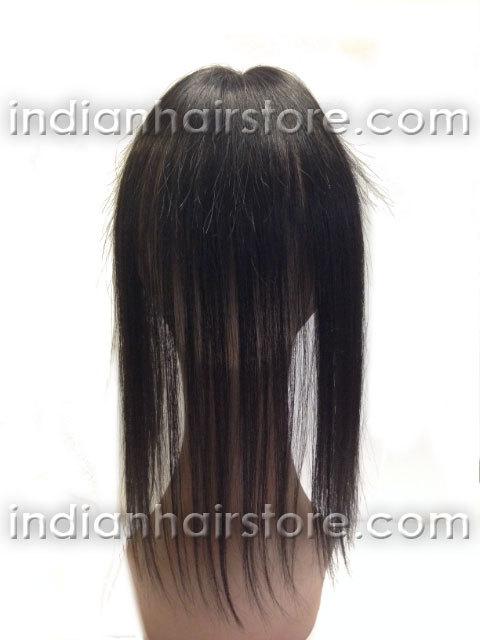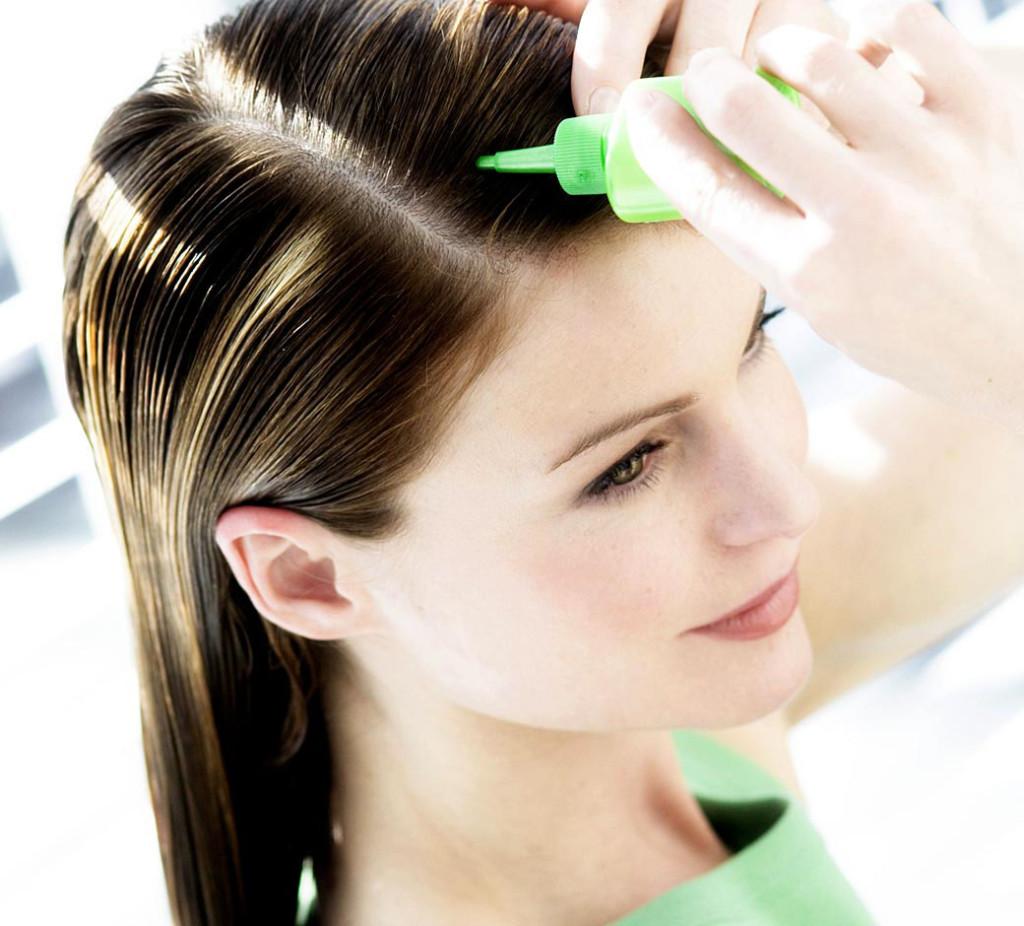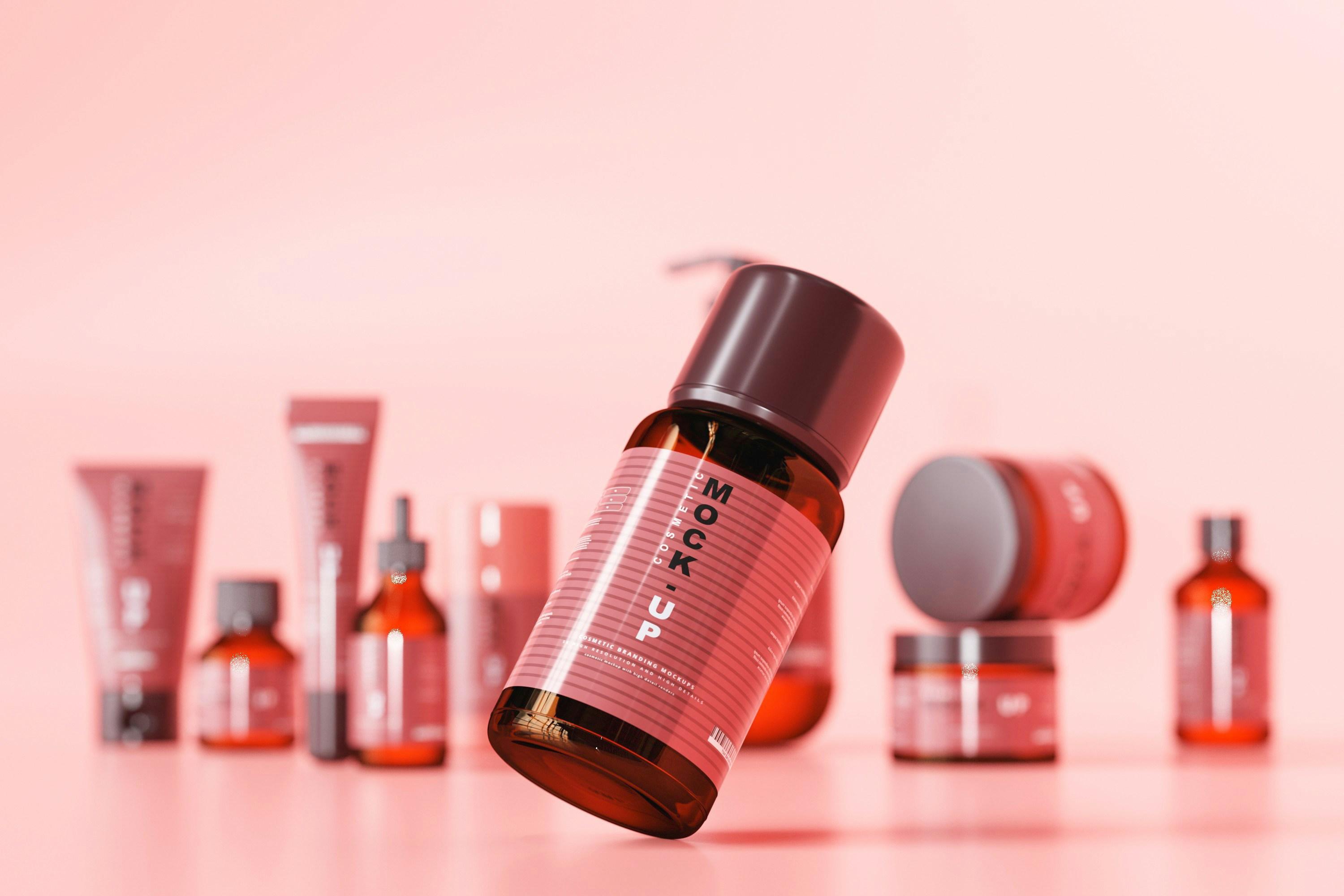Are Hair Oils Worsening Scalp Health
In the realm of hair care, where luscious locks and vibrant tresses reign supreme, hair oils have long been heralded as the secret elixir, promising nourishment and shine. Yet, as with many beauty rituals, the shimmering allure of hair oils is now being scrutinized under a new light. Are these golden potions truly the miracle workers they claim to be, or could they be stealthily sabotaging the very foundation of our hair—our scalp? This article delves into the complex relationship between hair oils and scalp health, unraveling myths and uncovering truths, to determine whether these age-old remedies are friends or foes in our quest for healthy hair.
Exploring the Role of Hair Oils in Scalp Health
The application of hair oils is a longstanding tradition in many cultures, celebrated for its ability to nourish and moisturize both hair and scalp. However, there is growing debate about whether these oils might actually be contributing to scalp issues. On one hand, natural oils like coconut, argan, and jojoba are revered for their hydrating properties, potentially preventing dryness and flakiness. They can also act as a barrier against environmental pollutants and UV damage, which can compromise scalp health.
Conversely, some individuals may find that certain oils lead to an accumulation of residue, causing pores to clog and resulting in conditions like dandruff or seborrheic dermatitis. This is particularly true for those with oily skin types, where additional oil can exacerbate existing issues. Factors to consider when choosing a hair oil include:
- Scalp type: Dry, oily, or sensitive.
- Hair texture: Fine, medium, or coarse.
- Allergies: Possible reactions to certain oil ingredients.
Ultimately, the impact of hair oils on scalp health is nuanced, and what works for one person may not suit another. It’s crucial to pay attention to how your scalp responds and adjust your hair care routine accordingly.
Unveiling the Myths: Do Hair Oils Truly Nourish the Scalp?
For generations, hair oils have been touted as the secret elixir for lush, healthy locks, with promises of nourishing the scalp and strengthening hair from root to tip. But are these claims grounded in truth, or have they simply become modern-day myths? While some oils boast natural vitamins and antioxidants that can potentially benefit scalp health, it’s essential to consider factors like hair type, skin sensitivity, and the quality of the oil itself.
- Natural Ingredients: Many oils, such as coconut and argan, are rich in essential fatty acids and vitamins, which can help maintain moisture and potentially reduce scalp irritation.
- Potential Overuse: Applying oils too frequently or in excessive amounts might lead to clogged pores, resulting in conditions like dandruff or folliculitis.
- Quality Matters: Not all oils are created equal. Cold-pressed, organic oils often retain more beneficial properties compared to refined ones.
While hair oils can offer benefits, it’s crucial to approach their use with an understanding of one’s unique scalp and hair needs. As with many beauty treatments, moderation and mindfulness are key to ensuring that the quest for healthier hair doesn’t inadvertently lead to adverse effects.

Balancing Act: Choosing the Right Hair Oil for Optimal Scalp Care
Finding the perfect hair oil for scalp care can feel like walking a tightrope, with each step requiring careful consideration. While hair oils can offer nourishment and moisture, choosing the wrong type can tip the balance, leading to clogged pores or excessive greasiness. The key lies in understanding your scalp’s unique needs and selecting oils that complement them.
- For Dry Scalps: Look for oils like argan or jojoba, which mimic the natural sebum production and provide deep hydration without weighing down the hair.
- For Oily Scalps: Opt for lighter oils such as grapeseed or tea tree, known for their ability to balance sebum levels and provide a refreshing, non-greasy finish.
- For Sensitive Scalps: Choose soothing oils like chamomile or lavender, which are gentle and can help reduce irritation and inflammation.
Balancing the benefits of hair oils with your scalp’s specific needs ensures that you nurture your scalp health without tipping the scales towards potential problems.

Expert Tips for Incorporating Hair Oils into Your Haircare Routine
Incorporating hair oils into your haircare routine can be a game-changer when done correctly. Choose oils that match your hair type and needs. For example, argan oil is ideal for dry or damaged hair, while jojoba oil is great for balancing oil production in the scalp. Start with a small amount to avoid greasiness—just a few drops can suffice for most hair types. Gently warm the oil between your palms before applying it to your scalp and hair, focusing on the ends, which are usually the driest part.
- Pre-shampoo Treatment: Apply oil as a mask before washing your hair to protect and nourish it.
- Leave-in Conditioner: Use a light oil to keep your hair moisturized throughout the day.
- Scalp Massage: Regular scalp massages with oil can improve circulation and promote hair growth.
Consistency is key to seeing benefits, so try to incorporate oil treatments into your routine regularly, but not excessively. Aim for once or twice a week, adjusting based on how your hair responds. Remember, the goal is to enhance your hair’s health, so pay attention to how your scalp and hair feel and look after using oils.
To Wrap It Up
In the intricate dance between beauty and wellness, the role of hair oils continues to be both celebrated and scrutinized. As we’ve unraveled the layers of science and tradition, it becomes evident that the relationship between hair oils and scalp health is not a one-size-fits-all narrative. The key lies in understanding your unique scalp needs, the ingredients you choose to indulge in, and the way you incorporate them into your routine. Whether you’re a staunch advocate for the nourishing power of oils or a cautious observer wary of potential pitfalls, the journey to optimal scalp health is as personal as it is universal. As we close this chapter, remember that the ultimate goal is harmony—between nature and nurture, between the oil and the essence of your hair. Keep exploring, stay curious, and let your scalp’s story unfold.


